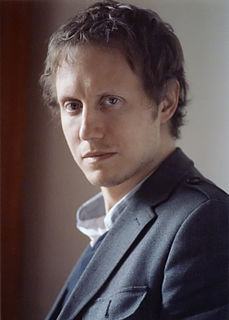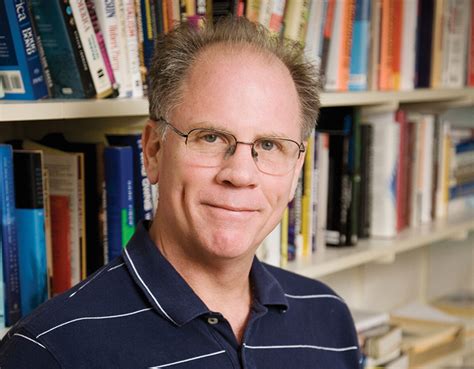A Quote by Walter Bagehot
The whole history of civilization is strewn with creeds and institutions which were invaluable at first, and deadly afterwards
Quote Topics
Related Quotes
If the federal government is truly serious about doing something with the AIDS virus, we need to take steps that would isolate the carriers of this plague.... It is difficult to understand the public policy towards AIDS. It is the first time in the history of civilization in which the carriers of a genuine plague have not been isolated from the general population, and in which this deadly disease for which there is no cure is being treated as a civil rights issue instead of the true health crisis it represents.
There will be no room, here, for the smug myopia which views American civilization as the final solution to all world problems; which recommends our institutions for universal adoption and turns away with contempt from the serious study of the institutions of peoples whose civilizations may seem to us to be materially less advanced.
The greatest number of drug addicts are to be found in Teheran and in Karachi, not in the West. Not in New York believe it or not. It's the same with the roles of slavery, racism and imperialism in the world. These institutions were present in other cultures. However, it was Western civilization which did something about slavery, about racism and voluntarily dissolved its empires leaving behind a very positive legacy of institutions not to mention buildings and roadways.


































